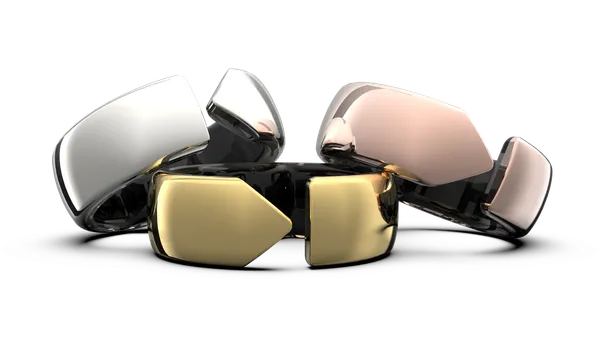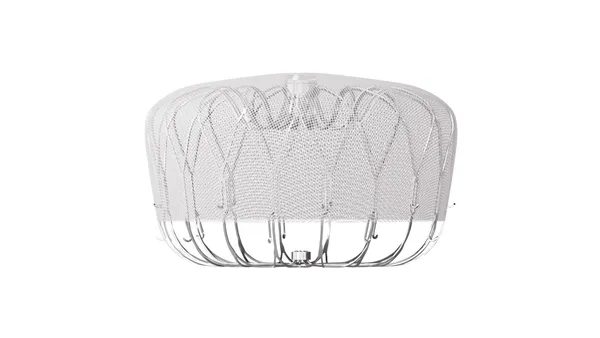Dive Brief:
- FDA has added two public medical device advisory committee meetings to its 2019 calendar.
- The microbiology devices panel is set to convene March 8 to consider how Human Papillomavirus (HPV) screening devices are studied and evaluated.
- Separately, the neurological devices panel will meet March 21 to discuss a De Novo request by Alzheimer's treatment developer Neuronix for a therapeutic product that combines neurostimulation with cognitive training to aid patients with mild to moderate forms of the dementia.
Dive Insight:
March is shaping up to be a busy month for FDA's device advisory committees. Earlier this week FDA also scheduled a meeting of the General and Plastic Surgery Devices Panel March 25-26 to discuss breast implants. Those panels will be preceded by a Feb. 12 meeting of the Obstetrics and Gynecology Devices Panel focused on safety issues surrounding surgical pelvic mesh products.
Israel-based Neuronix's neuroAD therapy system, the product application in question for the neurological device group, is currently being run in clinical trials in the U.S. and is commercially-available in Europe, according to the company's website. The treatment brings together transcranial magnetic stimulation (TMS), which targets parts of the brain involved in cognitive functions impaired by Alzheimer's, and what the company calls "tailored cognitive training," which targets the same parts of the brain as they are undergoing TMS. Neuronix says its therapy is typically used in conjunction with medication.
The neurological device panel's meetings last year focused on topics like the general safety and effectiveness of intracranial aneurysm treatment devices, and a premarket approval (PMA) application for an aneurysm embolization system. FDA records indicate that authorization was granted to Sequent Medical's product in question at year's end.
Microbiology device experts will consider possible novel approaches to clinical study and evaluation of HPV diagnostics, which the FDA notice says will take into account scientific data generated since the agency cleared the first screening device for high-risk HPV in 2003. The committee is also set to consider effects of HPV vaccination on clinical studies of devices for HPV detection.
FDA specified discussion topics for the meeting as clinical study design and comparator methods, and potential changes to the high-risk HPV device indications for use, all with consideration given to continually evolving cervical cancer screening guidelines.
The microbiology device experts participated in a joint meeting with the Blood Products Advisory Committee during March of last year addressing the reclassification of certain IVDs involved in diagnosing or managing cases of hepatitis C virus infection.
Both committees are scheduled to meet from 8 a.m. to 5 p.m. at the Hilton Washington in Gaithersburg, Maryland. Presentation submissions for both meetings are due to FDA by March 1.













